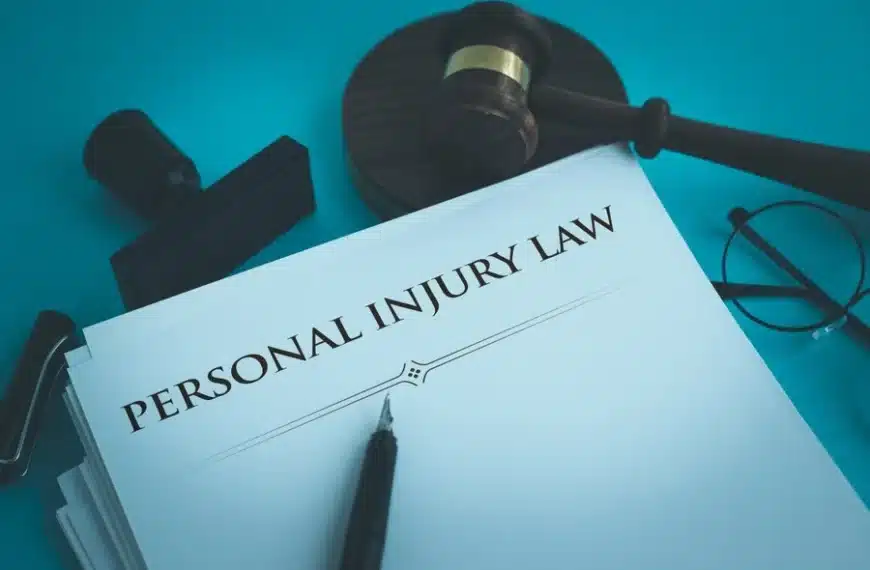Workplace injuries can happen in any industry, from construction and manufacturing to healthcare and even office settings. While employers are required to provide a safe working environment, accidents still occur—and when they do, employees may face medical bills, lost wages, and long-term challenges. In these situations, a personal injury lawyer can play a critical role in protecting workers’ rights and ensuring they receive the compensation they deserve.
Understanding Workplace Injuries
Workplace injuries can range from sudden accidents, like a fall or equipment malfunction, to long-term issues such as repetitive strain injuries or exposure to harmful substances. In some cases, workers’ compensation insurance covers medical expenses and lost income. However, not every situation is straightforward, and that’s where legal guidance becomes essential.
Why Workers’ Compensation Isn’t Always Enough
Many employees assume that workers’ compensation benefits will fully cover their needs after an injury. While these benefits are helpful, they often come with limitations:
- Restricted coverage: Workers’ comp typically covers only medical expenses and a portion of lost wages, not the full financial impact of an injury.
- Employer disputes: Sometimes, employers or insurers contest whether an injury qualifies for compensation.
- Third-party liability: If someone other than the employer—such as a contractor, equipment manufacturer, or property owner—contributed to the injury, workers’ comp may not address those damages.
A personal injury lawyer can identify these gaps and explore additional avenues for recovery beyond workers’ compensation claims.
How Personal Injury Lawyers Support Injured Workers
When workplace injuries go beyond the basic workers’ compensation system, personal injury lawyers provide valuable expertise. Their role may include:
- Investigating the incident: Gathering evidence, interviewing witnesses, and reviewing safety records to build a strong case.
- Identifying responsible parties: Determining whether negligence by third parties played a role in the injury.
- Navigating legal claims: Filing personal injury lawsuits when appropriate, especially in cases of defective equipment or unsafe working conditions.
- Negotiating fair compensation: Ensuring injured workers aren’t pressured into accepting settlements that don’t meet their long-term needs.
Common Examples of Workplace Injury Claims
Some workplace accidents that may involve a personal injury lawyer include:
- Construction site accidents caused by faulty scaffolding or heavy machinery.
- Transportation-related injuries when driving is part of the job.
- Defective product injuries from equipment that malfunctions.
- Exposure to toxic substances leading to long-term health conditions.
In each of these situations, the expertise of a lawyer can mean the difference between minimal coverage and full, fair compensation.
Why Legal Guidance Matters
Dealing with the aftermath of a workplace injury can be overwhelming. Between medical treatments, time away from work, and uncertainty about the future, employees need someone to advocate on their behalf. A personal injury lawyer brings both knowledge of the law and the determination to ensure injured workers are not left to shoulder the financial and emotional burden alone.
Final Thoughts
Workplace injuries are not only disruptive but can also be life-changing. While workers’ compensation provides a safety net, it doesn’t always cover the full scope of losses. That’s why consulting a personal injury lawyer can be such an important step. By holding responsible parties accountable and pursuing fair compensation, lawyers help injured employees focus on what matters most—recovery and rebuilding their lives.









